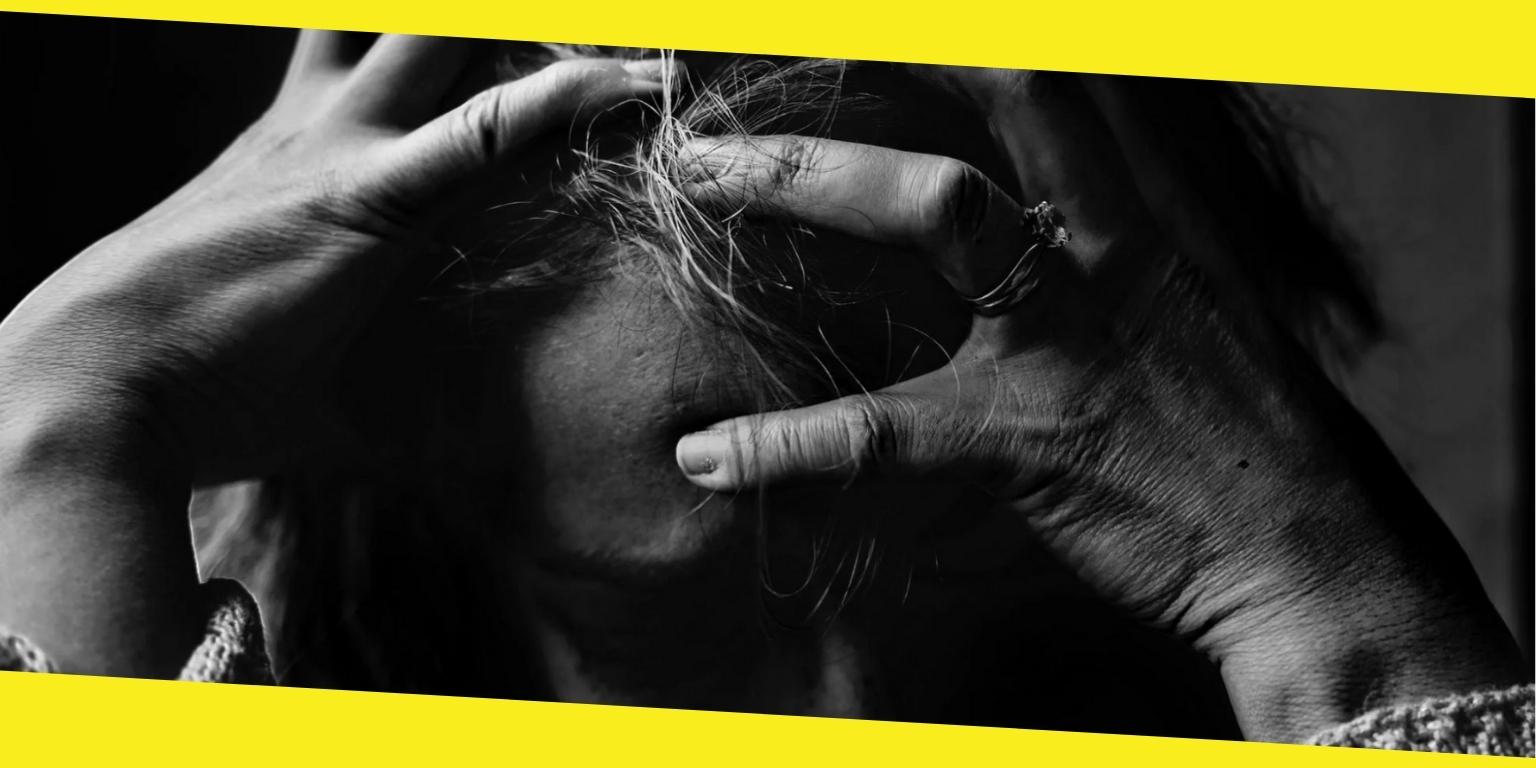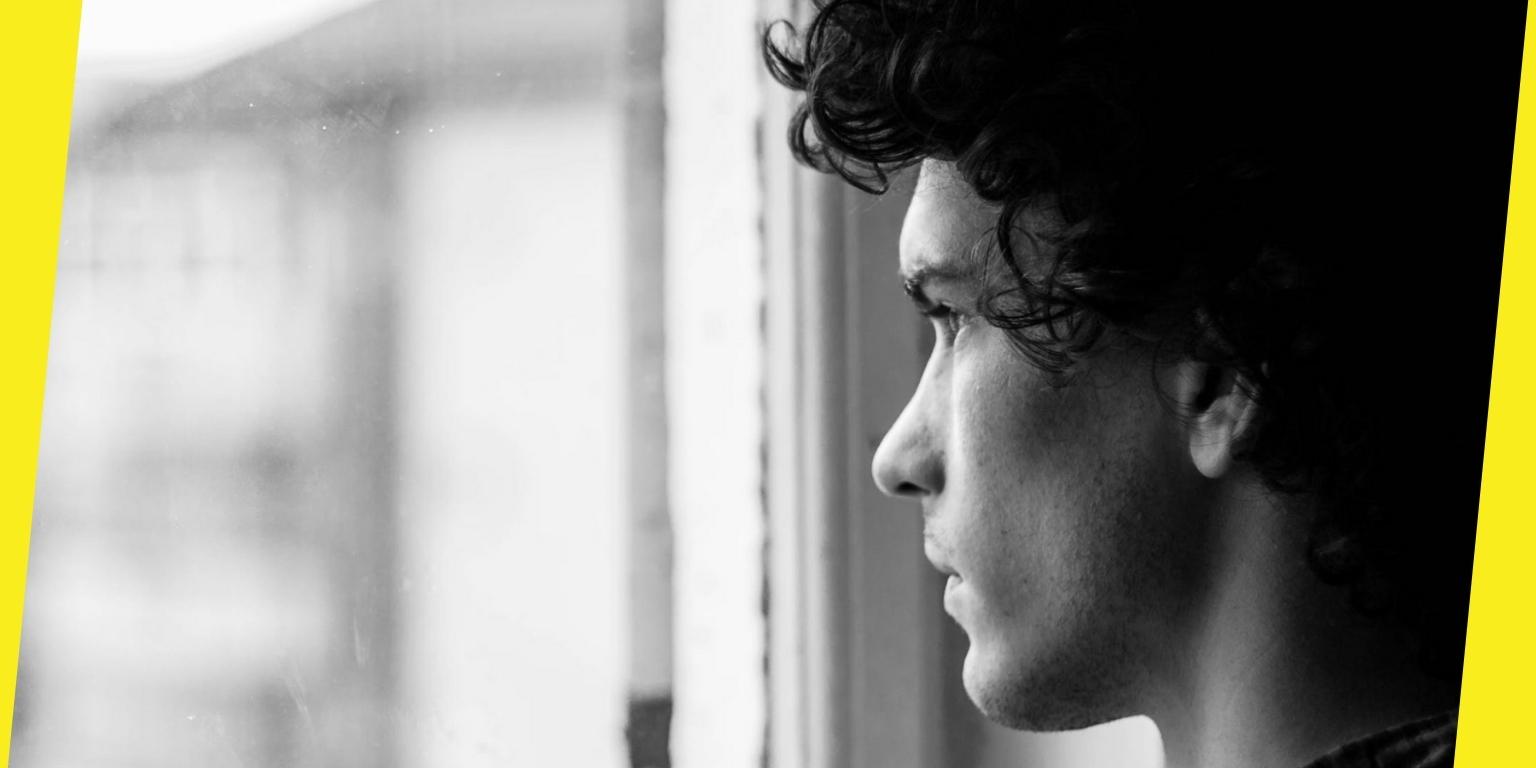Different Types of Stress Management Techniques

There are many different types of stress management techniques available to you. Some of these methods include practicing relaxation methods and biofeedback. Often, a combination of the methods will work best for you. Some of the methods that you may want to try including: Reframing your to-do list, practicing relaxation techniques, and avoiding stressors.
Practicing relaxation techniques
Practicing relaxation methods can help you cope with stressful situations and lead a healthier life. Many studies. as seen here, have shown the benefits of this method. They can also help people with migraine headaches and cancer. These methods should be used in combination with conventional medical care and will not give you a miracle cure, but they can help you cope with the symptoms of anxiety.
Practicing relaxation methods isn’t difficult. You can practice deep breathing exercises while walking, sitting, or lying down. You just have to find a few minutes each day to practice. It will not take long to see results, but you should start right away. Try to schedule time to practice relaxation techniques for at least 20 minutes a day.
You may need to do this for several weeks before you notice the effects. You can also try yoga, tai chi, or qigong. These physical exercises are designed to distract your mind from racing thoughts and improve flexibility and balance. However, you should always talk to your doctor before starting a new practice.
Another relaxation technique is repetitive prayer, which involves focusing on the breath and silently repeating a prayer. This method is especially effective for people with a spiritual background. Relaxation exercises may also help you identify what triggers your anxiety response. Once you know what triggers your response, you can practice relaxation methods when you feel anxiety starting to build up.
By practicing these techniques regularly, you can prevent your anxiety from spiraling out of control. It’s important to remember that most of these methods require time and practice, so don’t be hesitant to give them a try. Practiced daily, relaxation exercises can help you control anxiety and relieve muscle tension. You can do these exercises alone or with a group.
However, it’s important to consult your doctor if you’re already suffering from a medical condition before attempting them. Ideally, you should set aside at least 30 minutes a day for practicing these methods. Progressive muscle relaxation involves slowly tensing and relaxing different muscle groups. This helps you learn to recognize when your muscles are tense and which ones are relaxed.
Practicing biofeedback
Practicing biofeedback as a form of stress management can help you improve your health and lower your anxiety levels. Biofeedback methods involve learning to control your body’s activity in order to improve your mood, sleep and even your physical pain levels, whether they be too sensitive or, in some cases, not sensitive enough
For example, a person suffering from chronic headaches may learn how to control their breathing and relax using guided imagery, meditation and progressive muscle relaxation techniques. A typical biofeedback session will last between 30 and 60 minutes.
The amount of time required will depend on the condition you are suffering from and the progress you’re making. Biofeedback is a complementary treatment that works in conjunction with conventional medical care. Most people who practice biofeedback do so as part of a comprehensive treatment program.
For instance, a person suffering from chronic pain may take medication and practice biofeedback at the same time. However, it’s important to keep in mind that biofeedback should never replace medical treatment. Biofeedback is a noninvasive treatment that doesn’t require medication. However, biofeedback should be done under the supervision of a trained biofeedback practitioner.
Before undergoing a biofeedback session, make sure to check out the practitioner’s credentials. Inquire about their training and check whether the therapist accepts your insurance plan. You should also know that state laws vary regarding biofeedback, so it’s important to check with your health insurance provider about the laws and regulations in your area.
Biofeedback helps people understand how their bodies react to anxiety. By recognizing when your body is feeling anxious, biofeedback can help you learn to regulate your feelings and make positive choices. It also helps you develop habits that will help you cope with anxiety. For example, you may notice your breathing is shallow and your muscles tighten, indicating a stress response.

Reframe your to-do list
Reframing your to-do list as a means of stress management is an important method for people with ADHD. It helps you slow down your thoughts and get things done. The technique can be repeated as often as you need to and is highly effective.
Most people are surprised by the results and are able to better cope with their average, everyday life with a diagnosis. Stress management is important if you want to stay healthy and avoid burnout. To do this, you need to change your attitude, expectations, and behaviors.
By reframing stressful situations, you can turn them into opportunities to relax. For instance, instead of being angry about a long traffic jam, you can view it as an opportunity to spend time listening to your favorite music. Similarly, if a project is large, you should break it down into several manageable steps so that you can handle it.
Avoiding stressors
Avoiding stressors is an important part of stress management because it helps you to focus on things that make you feel good. There are many ways to do this, like the ones on this list: https://29k.org/how-to-manage-stress. However, if you’re unable to completely avoid stressful situations, you can try to minimize them as much as possible. You can do this by changing the situation, lowering your standards, or asking for help if necessary.
One study, by Adrian and Hammen, examined the relationship between baseline avoidance coping and depressive symptoms in women and men. Men showed no significant link between baseline avoidance coping and depressive symptoms, while women did. This suggests that avoiding stressful situations may be linked to future depressive symptoms in women in an internal way.
Recommended For You
Advantages of Curcumin
Most Inside
Most Inside offers high-quality recommendations and valuable updates to enhance all aspects of your life, providing premium guidance and enriching experiences.




